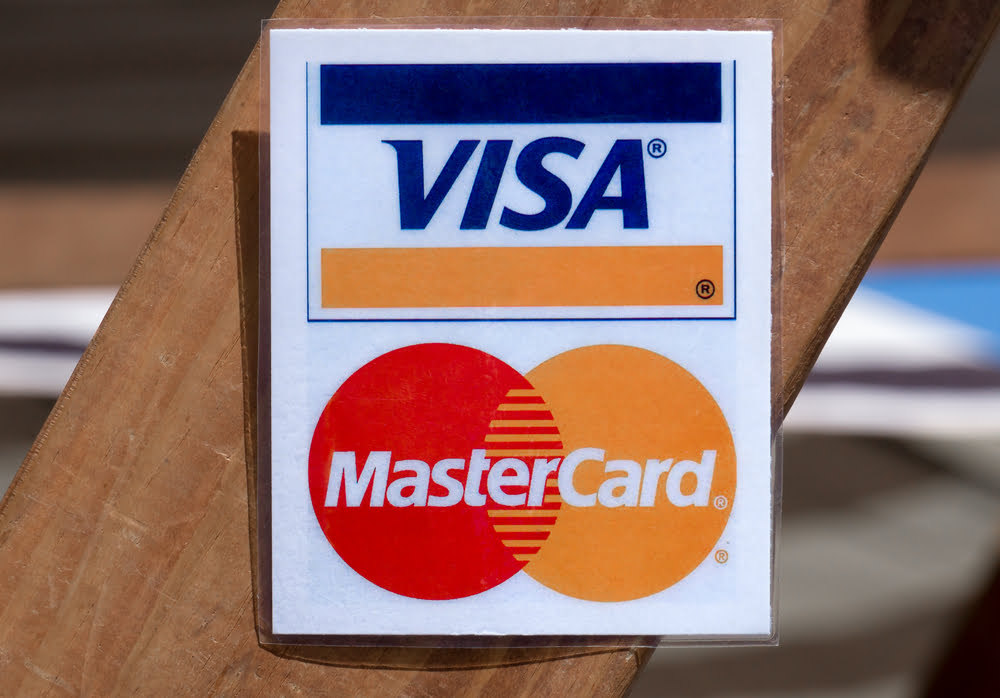Life has become a lot harder for people who enjoy using cryptocurrency debit cards. A few months ago, Visa announced it would suspend all crypto debit cards outside of the European Economic Area (EEA). It now turns out MasterCard will be doing the exact same thing. This is bad news for a lot of people outside of Europe who want to use these prepaid cards. Existing cards will remain active for three more months, after which point they will be blocked automatically.
MasterCard Issues new Guidelines
In a way, it was to be expected that MasterCard would follow Visa’s example as far as the prepaid debit card ban was concerned. With the world’s largest card issuer halting card support for countries outside the European Economic Area, things took a turn for the worse. MasterCard is now taking a similar approach, which is sure to send more shockwaves throughout the financial sector. Unfortunately, this also will affect cryptocurrency startups looking to issue such cards on a global scale.
Considering that a lot of companies rely on a third-party service provider for their debit cards, things are not looking all that great for the sector. Wave Crest Holdings is one of the larger white-label debit card issuers in the world of cryptocurrency. Most companies use its cards under a different name as a way to provide cryptocurrency debit card services to the masses. It seems that situation will be coming to an end, especially where the non-EEA user base is concerned.
This new stance affects a lot of companies involved in the cryptocurrency debit card industry. Advcash, for example, has already informed customers that it cannot offer plastic and virtual cards to users in countries outside the EEA. The fact that this also applies to virtual debit cards is rather surprising, even though it is evident that both MasterCard and Visa would face a lot of issues otherwise.
All existing cards belonging to people outside the EEA will remain active for another 90 days. After that time, MasterCard will block said cards automatically. Any remaining funds on one’s card must either be spent or withdrawn through the card issuer before that time. It is a problematic development in the world of cryptocurrency, with no obvious upside for users.
In an odd way, this decision will force a lot of people to start using native cryptocurrency wallets. One can certainly make the argument that both Visa and MasterCard are making the wrong decision in this regard, as some users will be inspired to acquire and utilize a proper crypto wallet as a result of this drastic course of action. Unfortunately, very few merchants – either online or offline – accept Bitcoin payments directly, which may make it difficult to spend Bitcoin and altcoins for the foreseeable future.
For customers within the European Economic Area, nothing will change for the time being. This news highlights how most, if not all, cryptocurrency debit card providers may be scrutinized even further in the coming months. Moreover, Europeans can still take their cards outside the EEA and spend money as they would otherwise. It will become impossible to register for such cards as a non-EEA citizen from now on, which is a major setback when looking at the bigger picture.

